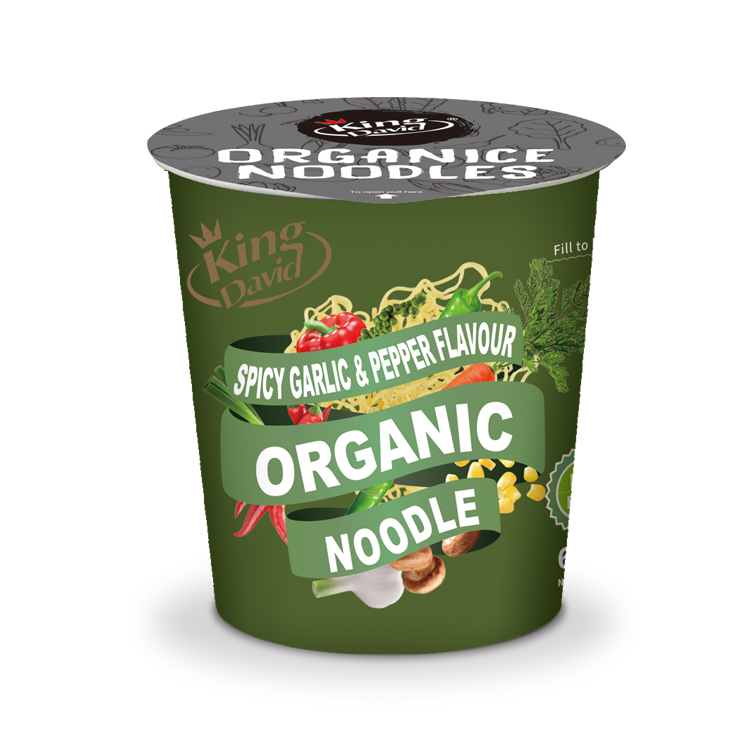Seasonings play a vital role in enhancing the flavor, aroma, and appeal of our meals. However, the growing emphasis on health and sustainability has led many to question the differences between organic and regular seasonings. While both serve the same purpose in cooking, their production, composition, and impact on health and the environment set them apart. This article provides a detailed comparison to help you understand these distinctions.
Understanding Organic Seasoning
Organic seasonings are derived from herbs and spices grown following organic farming principles. These principles emphasize natural cultivation methods, avoiding synthetic chemicals, genetically modified organisms (GMOs), and artificial additives. Organic farming practices focus on sustainability, soil health, and biodiversity, ensuring the final product is as natural and environmentally friendly as possible.
Characteristics of Organic Seasonings
Chemical-Free Cultivation: Grown without synthetic fertilizers, pesticides, or herbicides.
Non-GMO: Produced from plants that are not genetically modified.
Certified Standards: Must meet strict criteria set by organic certification bodies, such as USDA Organic or EU Organic.
Environmentally Sustainable: Encourages practices that preserve natural ecosystems and promote biodiversity.
Understanding Regular Seasoning
Regular seasonings, on the other hand, refer to herbs, spices, and blends produced using conventional farming methods. These often rely on synthetic chemicals for pest control, fertilization, and enhanced yield. Additionally, regular seasonings may contain artificial additives to improve flavor, color, or shelf life.

Characteristics of Regular Seasonings
Synthetic Inputs: Often involve the use of synthetic fertilizers and pesticides.
Additives and Preservatives: May include artificial flavors, colors, or preservatives.
Non-Stringent Certification: Typically lacks the rigorous oversight associated with organic certifications.
Cost Efficiency: Generally more affordable due to higher yields and reduced production costs.
Differences Between Organic and Regular Seasonings
1. Cultivation Practices
Organic seasonings are cultivated using natural methods that enrich the soil and avoid chemical interventions. Regular seasonings, however, often depend on synthetic inputs, which may impact the environment and long-term soil health.
2. Processing and Additives
Organic seasonings undergo minimal processing, ensuring they retain their natural essence. They are free from artificial additives or preservatives. In contrast, regular seasonings may be processed with artificial enhancers to improve flavor or extend shelf life.
3. Nutritional Content
Organic seasonings are often touted for their higher nutrient density, as the absence of chemicals during cultivation preserves the natural integrity of the plants. Regular seasonings, due to chemical exposure, may experience slight nutrient degradation during production.

4. Environmental Impact
Organic farming methods focus on sustainability, reducing soil erosion, conserving water, and protecting wildlife. Regular farming practices, which rely heavily on chemical inputs, can lead to environmental concerns such as soil degradation and water contamination.
5. Certification and Labeling
Organic seasonings must meet stringent certification standards, providing consumers with assurance about their quality and origins. Regular seasonings do not require such certifications, making their sourcing and production methods less transparent.
Health Implications of Organic and Regular Seasonings
Benefits of Organic Seasonings
Reduced Exposure to Chemicals: Since they are grown without synthetic pesticides, the risk of ingesting harmful residues is minimal.
Better for Allergies and Sensitivities: Organic products are less likely to trigger adverse reactions in sensitive individuals due to their natural composition.
Support for a Healthier Gut: Organic seasonings often retain their natural enzymes and nutrients, promoting better digestion and overall gut health.
Concerns with Regular Seasonings
Potential Chemical Residues: Pesticides and synthetic additives may leave residues, which, in high amounts, could pose health risks over time.
Additives Impact: Artificial preservatives and flavor enhancers in regular seasonings can sometimes lead to allergies or other adverse reactions.

Organic Seasoning Manufacturers
Cost and Availability
Organic Seasonings
Organic seasonings are often priced higher due to labor-intensive farming practices, lower yields, and certification costs. Despite the premium, their demand is rising due to health and environmental concerns.
Regular Seasonings
Regular seasonings are more widely available and cost-effective. Their affordability and ease of production make them a popular choice for households and commercial food production.
Why Choose Organic Over Regular?
Health Consciousness: If reducing exposure to chemicals is a priority, organic seasonings are a safer choice.
Environmental Commitment: Opting for organic supports farming methods that protect the planet.
Superior Taste and Quality: Many argue that organic seasonings offer a purer, more authentic flavor.
Conclusion
Organic and regular seasonings both have their place in modern kitchens, but their differences reflect broader concerns about health, sustainability, and taste. Organic seasonings offer a chemical-free, environmentally friendly, and nutritionally superior option, albeit at a higher cost. Regular seasonings, on the other hand, provide affordability and widespread availability, though with potential trade-offs in health and environmental impact. The choice ultimately depends on individual priorities and values, whether they lean toward health, cost, or sustainability.




